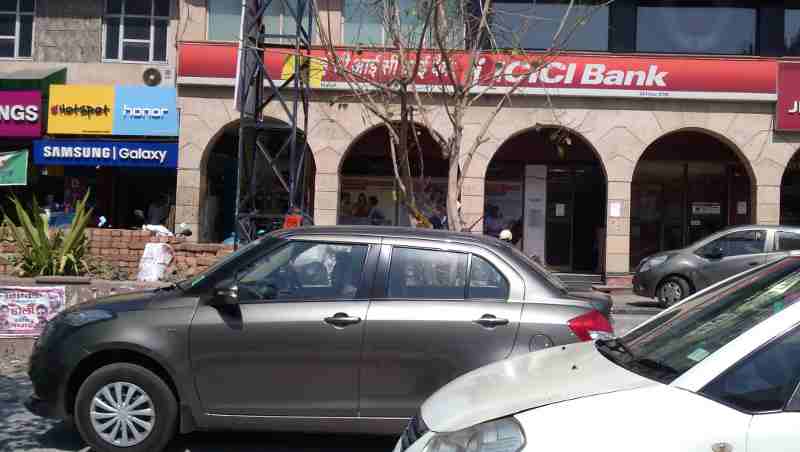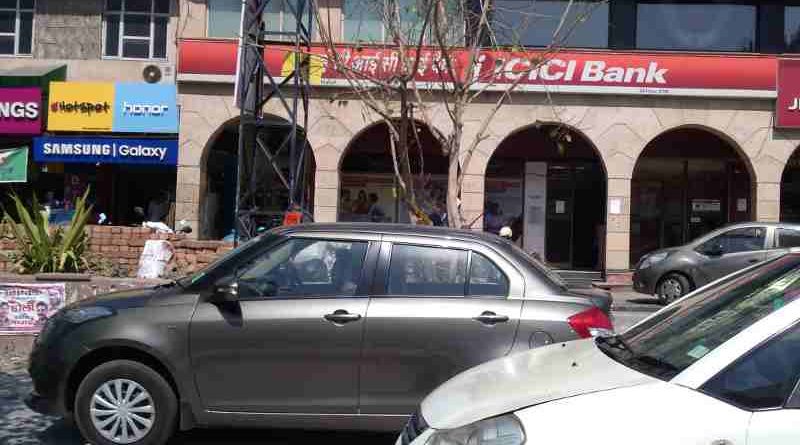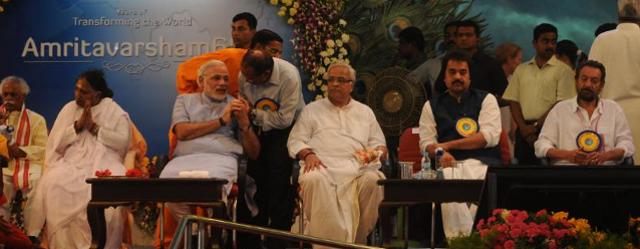Your Money May Not be Safe in Indian Banks

Assuming that Finance Minister Arun Jaitley is telling the truth, the depositors’ money in banks will be safe to the extent that they will be able to see it in their passbooks but will not be able to use it.
By Rakesh Raman
If Indian rulers had their way, soon you will lose your money deposited in domestic banks. The current government headed by Prime Minister (PM) Narendra Modi is trying to make a law that will allow banks to expropriate the depositors’ money.
The Financial Resolution and Deposit Insurance (FRDI) Bill, 2017 proposed by the government is supposed to bail out loss-making banks by using public money. Obviously, the bank customers like you will not have any right to withdraw your own money.
Worse, your screams will not be heard by the courts and other authorities because the Modi government will make it a law that will empower banks to gobble up the customers’ money.
The FRDI Bill is expected to be introduced in the Winter Session of Parliament. As Modi government has majority in Parliament, the Bill is expected to be approved. The opposition parties in India are so weak that they will not be able to challenge Modi’s decision.
Your Money Is Bank’s Money
Subsequently, when you will go to the banks to withdraw your money, the banks may simply refuse to give you your own money. You have already seen the glimpses of such a despotic imposition when in November last year, Modi had announced his personal demonetization decision.
While customers were standing – some even died – in queues, banks were not allowing them to take their money because Modi government did not give new currency notes to banks. But the demonetization thing was only a trailer. The full movie will come after the FRDI enforcement.
Demonetization or the currency note ban was a cunning move of the Modi government. It forced bank customers including the black marketers to deposit their money in banks. Now almost 99% of the demonetized money – Rs 15.28 trillion (approximately $226 billion) – has come back to banks.
The proposed FRDI law will allow the government-owned banks to offset their bad loans amounting to nearly Rs 8 lakh crore (approximately $120 billion) with the public money. At present, the private banks are in a better shape, but they will also not protect your money and use it unscrupulously to earn more profits.
Rogue Banks
Some banks may allow the customers to withdraw a fraction of their money, but the customers will always be at the mercy of the rogue banks. Customers may think that they will withdraw most of their money from banks before FRDI implementation and keep it at their homes.
But that is not possible. Modi government is forcing the customers to link their Aadhaar identities with bank accounts and mobile phones. When the customers will withdraw an unusual amount of money from banks, the government will immediately come to know and raid the public homes to recover that money.
You are being squeezed from all sides. As the government is pushing for digital transactions, consumers will not be allowed to buy goods in cash beyond a certain limit. That means, when you need it, you will not be able to use cash stored in your home.
And if Modi government decided to impose demonetization again, your money at home will be reduced to mere pieces of paper. If you think you will buy additional property with your money instead of keeping it in a bank, you will not be able to do so because of Benami Transactions (Prohibition) Amendment Act, 2016.
Social Unrest
So, you will have no other option but to keep your money in banks – and lose it. But why does the government want to run the loss-making banks? The government cannot shutter these banks because it will have to lay off all bank employees. It will exacerbate the already painful unemployment situation in the country and will lead to social unrest.
However, by forcing digital transactions the government is trying to reduce the workload of banks so that it could terminate the services of some employees in order to make the banks leaner.
The proposed FRDI Bill is supposed to speed up the banks revival process by misusing customers’ money, although the Finance Minister Arun Jaitley obliquely said last week that depositors’ money in banks will be safe.
The Financial Resolution and Deposit Insurance Bill, 2017 is pending before the Standing Committee. The objective of the Government is to fully protect the interest of the financial institutions and the depositors. The Government stands committed to this objective.
— Arun Jaitley (@arunjaitley) December 6, 2017
Assuming that Jaitley is telling the truth, the depositors’ money in banks will be safe to the extent that they will be able to see it in their passbooks but will not be able to use it.
Meanwhile, an online petition against the FRDI Bill has collected more than 107,000 signatures. It warns the bank customers by screaming, “Our hard earned savings may be in danger!”
By Rakesh Raman, who is a national award-winning journalist and social activist. Besides working at senior editorial positions with leading media companies, he was writing an exclusive edit-page tech business column (named Technophile) regularly for The Financial Express (a daily business newspaper of The Indian Express Group).
Earlier, he had been associated with the United Nations (UN) through United Nations Industrial Development Organization (UNIDO) as a digital media expert to help businesses use technology for brand marketing and business development. He also runs a free school for deserving children under his NGO – RMN Foundation.




